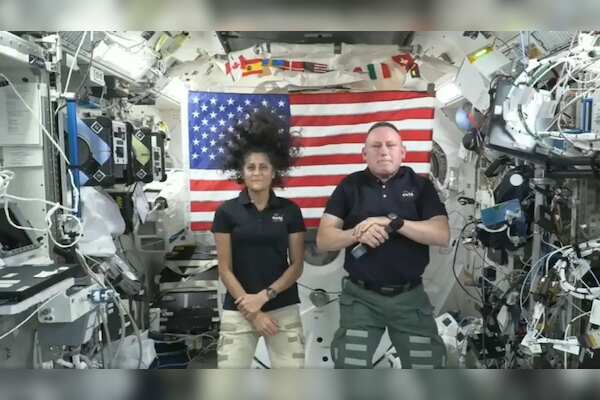Renowned astrophysicist and former NASA scientist Lisa Kaltenegger delves into the intriguing possibilities of alien life forms in her latest book, "Alien Earths," where she presents a vivid survey of the galaxy. From water worlds inhabited by octopus-like creatures to planets with perpetual darkness and volcanic hellscapes, Kaltenegger's speculation sparks the imagination.
Drawing from meticulous documentation of numerous exoplanets orbiting stars beyond our solar system, many of which are deemed "Earth-like" or "potentially habitable," Kaltenegger paints a picture of the vast diversity of worlds that could exist beyond our own.
In her previous work, "The Worlds That Shook Science," Kaltenegger celebrates the significant breakthroughs in astronomy over the past three decades, heralding this era as a new golden age of exploration for humanity.
Despite the daunting challenges of space travel—considering it would take approximately 6.9 million years for humans to reach the speed of the fastest man-made spacecraft—Kaltenegger believes the next milestone for mankind lies in developing the ingenuity needed to detect and communicate with potential alien civilizations.
"I aim to illustrate the immense challenges involved in the quest for alien life," Kaltenegger remarked in her book. "We may not even recognize it when it confronts us directly," she added in an interview with The Daily Mail.
One avenue of exploration Kaltenegger highlights is the study of a planet's light, which could potentially reveal secrets of alien life. By analyzing the chemical composition of an exoplanet's atmosphere embedded in the starlight passing through it, scientists may decipher clues about extraterrestrial life.
With over 5,000 exoplanets identified outside our solar system since the discovery of the first such planet in 1992, Kaltenegger emphasizes the need for diverse methodologies, including experimental biology and studying Earth's history, to interpret the mysteries of these newfound worlds.
Kaltenegger underscores Earth's role as our laboratory, where innovative ideas are tested to understand how life might evolve differently in the vast expanse of the galaxy. As humanity continues to explore the cosmos, the search for alien life remains one of the most intriguing and profound quests of our time.









 English (US)
English (US)